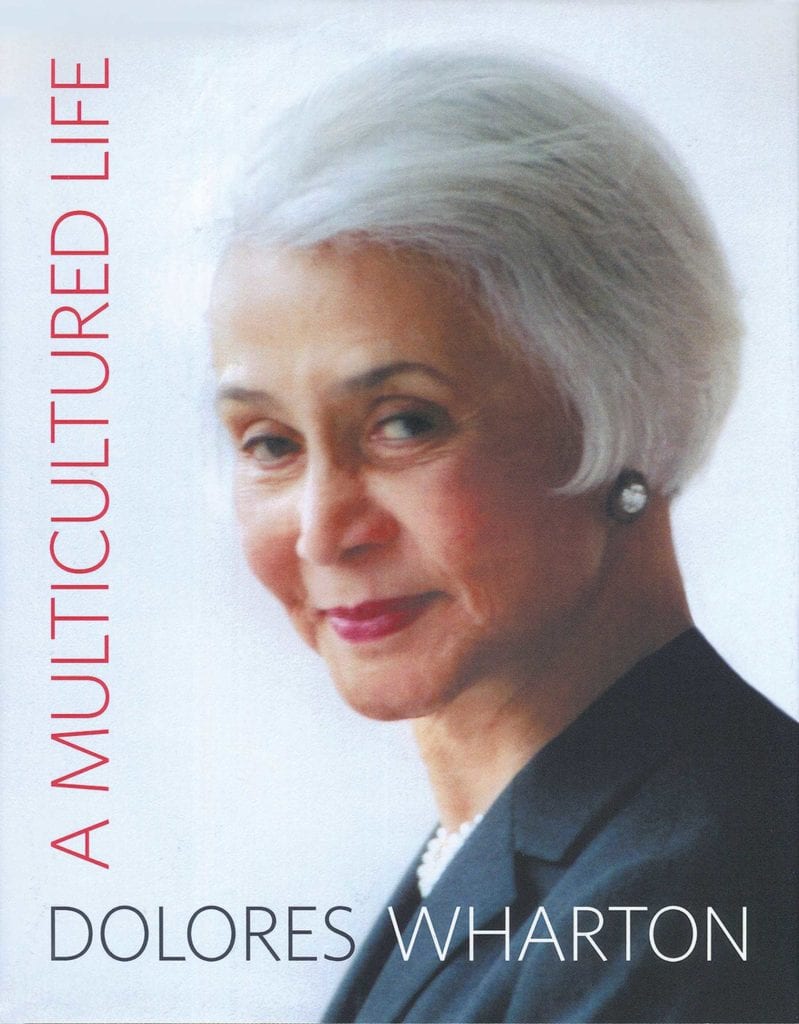
Every year, Fortune Magazine lists the 500 largest American publicly traded corporations. This group is the greatest business force in the nation’s economy. Assuming that these companies have an average of only 10 outside directors each, then the total number of corporate directors who are not also executives of their companies would be only 5,000. It is a competitive challenge to become a member of such a small but significant group. Dolores Wharton’s book “A Multicultured Life” indicates how she did it.
Social critics insist that America cannot be viewed as truly multicultural until women and blacks are represented on corporate boards. That is a reasonable assertion, since the boardroom is where economic policies are established that affect the well-being of millions of citizens.
While many people might fantasize about acquiring the upscale life of the corporate director, everyone knows that board seats are not awarded like civil service positions. There are few accounts of being appointed to a corporate board without the assistance of someone with a strong equity position in the company.
Dolores Wharton, the first woman, and a black woman at that, to become a director of the Phillips Petroleum Corp., has written a personal biography, “A Multicultured Life,” about the course of her life that enabled her to be appointed to several corporate boards. In addition to Phillips Petroleum, she has also been a director of the Kellogg Corporation and the Gannett Company.
As a child, Dolores lived with her parents in a middle-class life in Harlem, New York. Her father and his family owned and managed a major funeral parlor, and they provided to her an abundance of creature comforts. She was also able to attend the Little Red School House in Greenwich Village, a private progressive school for affluent New Yorkers.
But when her parents divorced, Dolores moved with her mother to Danbury, Connecticut. All of the sudden, she became immersed into a predominantly white environment. While she adjusted to the marked culture change from black life in Harlem, her stark multiculturalism did not begin until her marriage with Clifton Wharton Jr., a Boston native and a black graduate of Harvard. By becoming involved in the many opportunities that developed from her husband’s professional advancements, Dolores fashioned her own career.
Upon receiving his Ph.D. in agricultural economics from the University of Chicago Clif and the family, now including a young son, went to Singapore where Clif was appointed as the field associate for the Council on Economic and Cultural Affairs. What a cultural leap from the Midwest to Singapore, Malaysia, Thailand and Vietnam. The diplomatic sensitivity of Clif’s post induced Dolores to become familiar with required diplomatic protocol, a facility that would become helpful over the years. She also indulged her interest in art to become renowned for her book “Contemporary Artists of Malaysia: A Biographic Survey.”
When Clif left the Far East to become president of Michigan State University, Dolores was an active first lady and among other contributions, she developed at the University a much greater interest in the arts. After several years as president of Michigan State, Clif went on to become Chancellor of the 64-campus State University of New York system. By this time, Dolores’ stellar reputation was well established in the corporate and academic worlds.
At SUNY, she founded the Fund for Corporate Initiatives. When the Whartons left Albany for New York City because Clif had become CEO of TIAA-CREF, they established the Young Executive Program there. The purpose of both organizations was to help blacks and women become familiar with the culture of corporate leadership.
Still mindful of her Harlem roots, Dolores asserts, “I fully endorse the imperative that blacks should not forget where we have come from, but it is no less important to remember where we are and where we want to go. While acknowledging the burdens we have carried and still bear, we should also celebrate our accomplishments.”
Her book is an inspiration for those who want to go far.
About the book
A Multicultured Life From the Little Red School House to Halls of Academe and Corporate Board Rooms
AUTHOR: Dolores Wharton
PAGES: 272
PUBLISHER: Michigan State University Press






